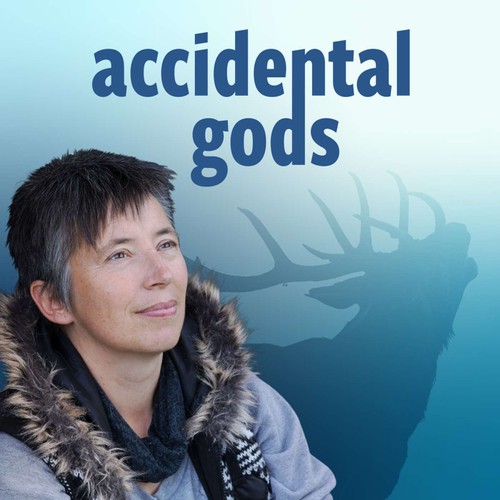
 Accidental Gods
Accidental Gods Of Reindeer, Donkeys and the verb that is Water. Stories of climate-healing with Judith Schwartz, author of The Reindeer Chronicles
Oct 2, 2024
Judith Schwartz, an environmental journalist and author of 'The Reindeer Chronicles', dives into hopeful narratives of ecological restoration. She challenges the carbon-centric view of climate action, urging a broader focus on water, forests, and indigenous knowledge. Judith discusses the role of donkeys in Australia's ecosystems, blending historical perspectives with modern regenerative practices. The conversation celebrates community-driven initiatives and underscores the importance of storytelling in fostering a more holistic understanding of nature.
Chapters
Transcript
Episode notes
1 2 3 4 5 6 7 8
Intro
00:00 • 3min
Holistic Perspectives on Climate Change
02:45 • 18min
Bridging Climate Gaps
20:52 • 22min
Donkeys in Australia's Ecosystem
42:37 • 6min
Understanding Humanity's Past and Indigenous Perspectives
48:19 • 4min
The Struggle for Environmental Awareness and Species Adaptation
51:57 • 2min
Innovative Agriculture and a Joyful Climate Book Launch
54:05 • 3min
Magic in Climate Solutions
56:44 • 16min

